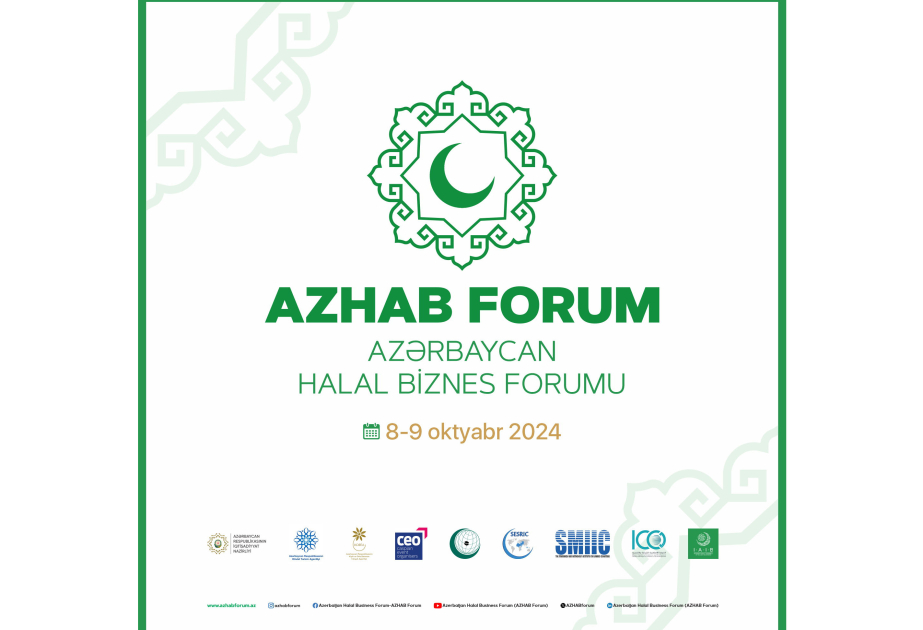By Andy Buchanan – ArabianTravelNews.com
The world’s Muslim population is expected to rise from 1.7 billion in 2014 to 2.2 billion by 2030 (+26.4%) according to Pew Research Centre’s Forum on Religion and Public Life.
 This is expected to grow at about twice the rate of the non-Muslim population over the next two decades and creates an unrivalled revenue growth opportunity for travel and tourism brands. Halal travel in all its forms is now booming and represents not only the fastest growing area of global tourism but one that is hugely significant to the GCC market. The sector is outpacing all other travel niches by almost 100% and, excluding both Hajj and Umrah, by 2020 will be worth in excess of $200 billion.
This is expected to grow at about twice the rate of the non-Muslim population over the next two decades and creates an unrivalled revenue growth opportunity for travel and tourism brands. Halal travel in all its forms is now booming and represents not only the fastest growing area of global tourism but one that is hugely significant to the GCC market. The sector is outpacing all other travel niches by almost 100% and, excluding both Hajj and Umrah, by 2020 will be worth in excess of $200 billion.
The emergence of a dedicated Muslim travel segment as a major one is a natural evolution that occurred along with the overall economic development of many growing economies.
Historically this segment was viewed as a conservative niche but today’s reality is far removed from that. Due the geopolitical changes that are driving many fast growing countries, the halal travel market is populated by an increasingly young, middle class and travel-hungry demographic which for many brands remains virtually untapped.
The overriding buying reason for a halal tourist is finding a family-friendly environment and one that offers the opportunity for service in accordance with their religious principles, supported by restaurants serving halal meals and hotels which offer both dedicated prayer facilities that have alcohol-free F&B areas.
The good news for the Middle East is that it is a top five source and a top five destination market and as halal travellers tend to travel more often, with more family members and stay for longer periods, these offer two significant revenue opportunities.
For outbound GCC residents, Turkey, Morocco, Indonesia and Malaysia are historically popular but, many non-traditional markets such as Japan, South Africa and Bosnia are working hard to gain a position in the sector and offering packages to the latter would, for many, mean first to market access.
For those interested in hosting inbound halal tourists then virtually untapped high margin revenues lie in fast growing emerging communities such as Canada, Germany, Australia and Nigeria — the latter has seen an explosion in outbound halal tourists, and in the last five years has posted a 1800% increase.
The greatest percentage of bookings in this sector are still delivered via travel agents but a number of dedicated web portals are now coming online to serve the market including halalbooking.com, islamictravel.com, crescentrating.com and luxuryhalaltravel.com.
On a local level, Abu Dhabi Tourism and Culture Authority (TCA Abu Dhabi) has positioned itself as the thought leaders in the sector and has adopted a halal travel strategy, which has seen it engage with many of the world’s largest segment operators including Serendipity of the UK and Abu Dhabi hotels including the One-To-One The Village, the Ayla Hotel Al Ain, the HalaArjaan by Rotana and Al RawdaArjaan Hotel by Rotana in Abu Dhabi City which are all now listed on www.halalbooking com.
The authority believes that Abu Dhabi’s traditions and product base will have great appeal with the Muslim traveller.
TCA Abu Dhabi acting executive director tourism Sultan Al Dhaheri explained: “We can meet specific Muslim demands on a number of fronts — halal F&B is one, another is specific segmented family product and specific product segmented for use by the different genders. We also have a number of high and medium quality alcohol-free hotels and segmented sessions for females at mainline attractions.”
About the author
Andy Buchanan is CEO of WHTS15 — The World Halal Travel Summit & Exhibition which takes place at ADNEC, Abu Dhabi on October 19-21 2015. For more information email: Andy@cactievents.com



